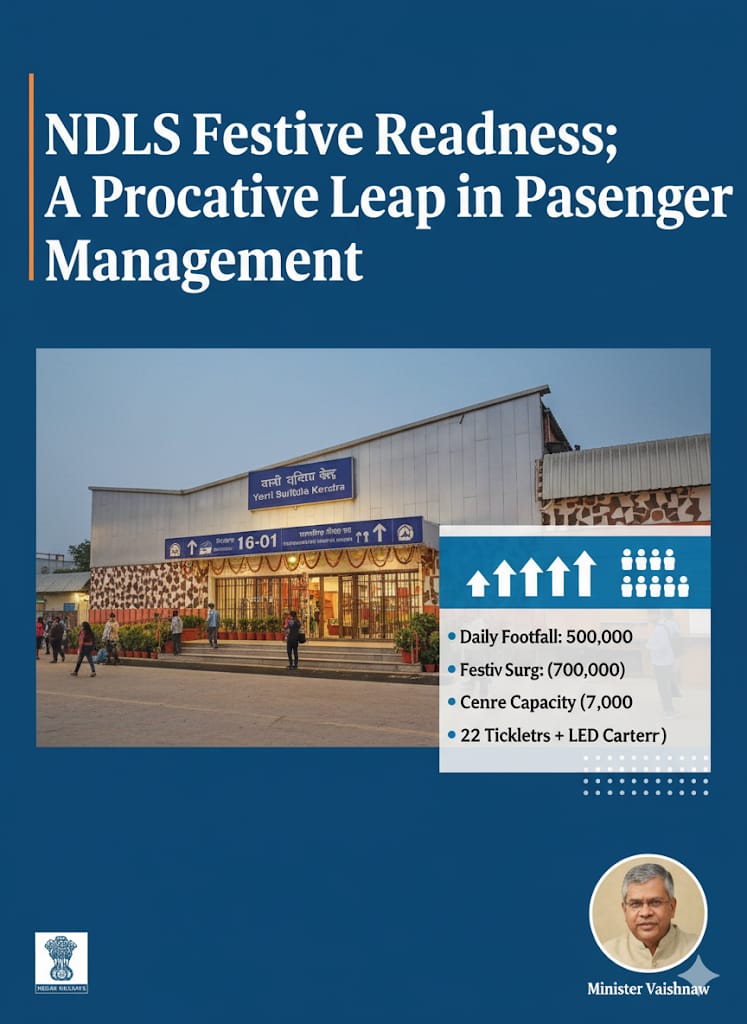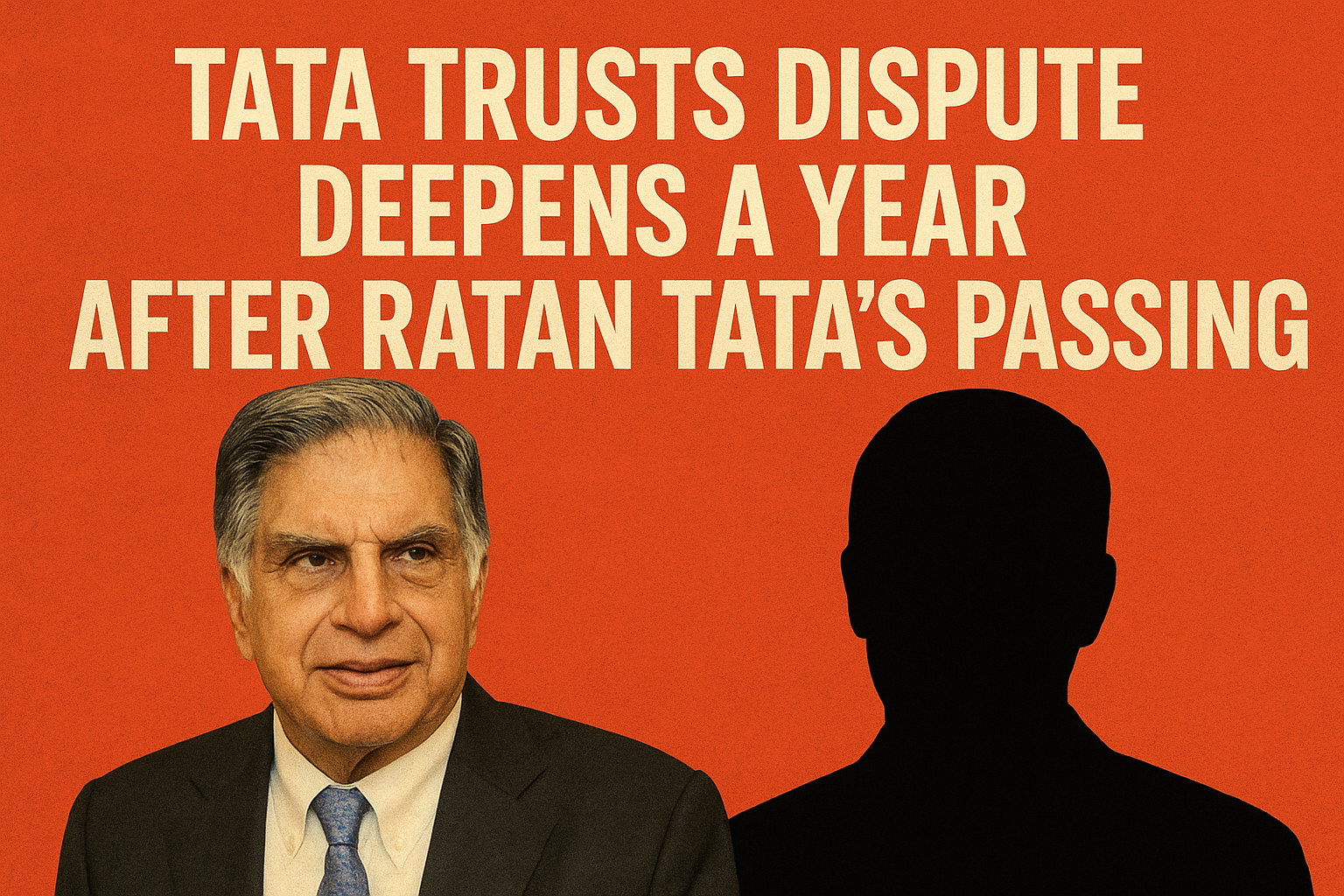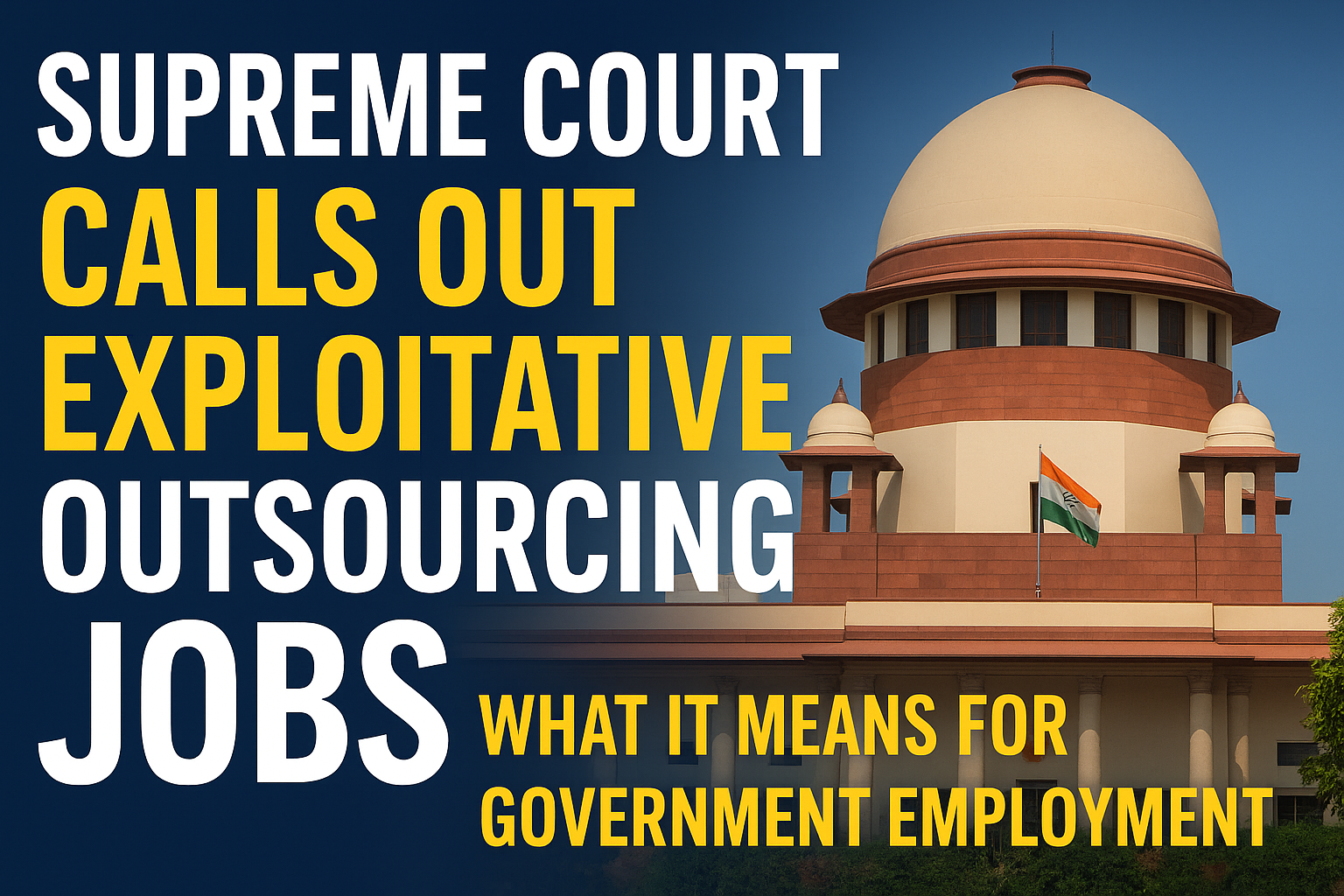
When the Supreme Court of India speaks on employment, its words often ripple far beyond the courtroom. Last week, in a significant ruling, the court declared that the government is not a “market player” but a “constitutional employer.” With this, it underlined a vital point that outsourcing cannot be used as a convenient tool for exploitation.
The judgment, though legal in form, carries deep implications for India’s job market. It strikes at the heart of a practice that has left thousands of aspirants in limbo, stuck in temporary or contractual positions for years, often without benefits, parity in pay, or career growth. For young Indians navigating an uncertain employment landscape, the verdict offers both hope and a new lens to view their career aspirations.
A Warning Against Misuse
The court examined how various government departments have leaned excessively on outsourcing and contractual arrangements. It began as an administrative shortcut to meet urgent staffing needs over time has turned into a structural dependency. Many employees, hired as “temporary” workers, have been performing the same duties as permanent staff for years, sometimes decades, without being regularized.
The bench was categorical. This practice undermines constitutional guarantees of equality and dignity. Citing Articles 14, 16, and 21, the judges noted that public employment is not merely a matter of policy but a constitutional obligation. The government, unlike private enterprises, cannot cite financial constraints to justify contractual exploitation.
Revisiting Precedents
At the heart of this case lies the tension between flexibility and fairness. In 2006, the landmark Uma Devi judgment had cautioned against regularizing irregular appointees, insisting that due process and transparent recruitment should prevail. But in practice, Uma Devi has often been used as a shield by governments to perpetuate contract employment indefinitely.
The latest ruling clarifies that the precedent cannot be misapplied. While backdoor appointments remain illegal, workers performing perennial tasks under the guise of outsourcing cannot be denied fair treatment. In simple terms, outsourcing is meant for supplementary or specialized services, not for core, recurring functions of government departments.
Implications for Job Seekers
For India’s vast pool of job seekers, this judgment could reshape expectations from public employment:
- Greater Stability: Departments may be pushed to create sanctioned posts for long-term needs instead of rolling over contracts. This could open more opportunities for permanent recruitment.
- Equal Pay and Parity: Outsourced workers performing the same jobs as regular employees may now have a stronger claim to wage equality.
- Career Pathways: The ruling could spark pressure on state and central agencies to design clearer pathways for professional growth within government service, rather than keeping workers stuck at the bottom rung.
For aspirants preparing for competitive exams like UPSC or SSC, the ruling reaffirms the value of government service as a secure career path. For those already employed on a contract basis, it may pave the way for greater recognition and bargaining power.
Pressure for Reform
The judgment also adds momentum to larger employment reforms. States that have leaned heavily on outsourcing, particularly in education, health, and municipal services, may now face legal challenges if they fail to offer fair terms. Worker unions, long vocal on this issue, are likely to press harder for regularization drives.
For policymakers, the ruling is a reminder that constitutional values must guide economic decisions. Balancing efficiency with fairness is no longer a choice but a mandate. While outsourcing might still play a role in highly specialized or short-term projects, it cannot be the default model of public employment.
Final Take
India is a young country, with millions entering the workforce every year. Job security remains a prized goal, particularly in the public sector. The Supreme Court’s stand signals that while the private sector may experiment with flexible contracts, the state must lead by example, ensuring fairness and stability.
For job seekers, this is more than just a legal pronouncement. It is a signpost of changing times. It reminds them that public employment is not just about exams and postings, but also about the constitutional promise of dignity, equality, and stability.




.jpeg)

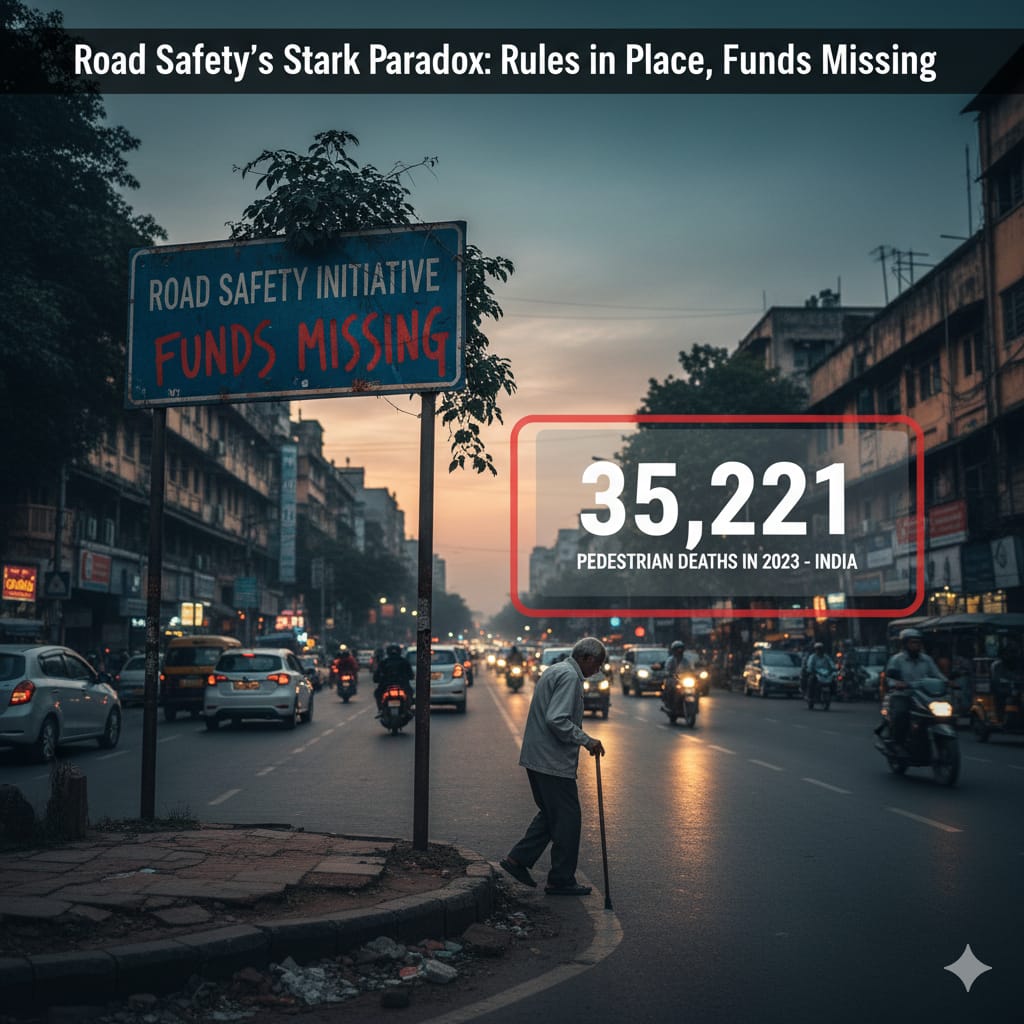
.jpeg)

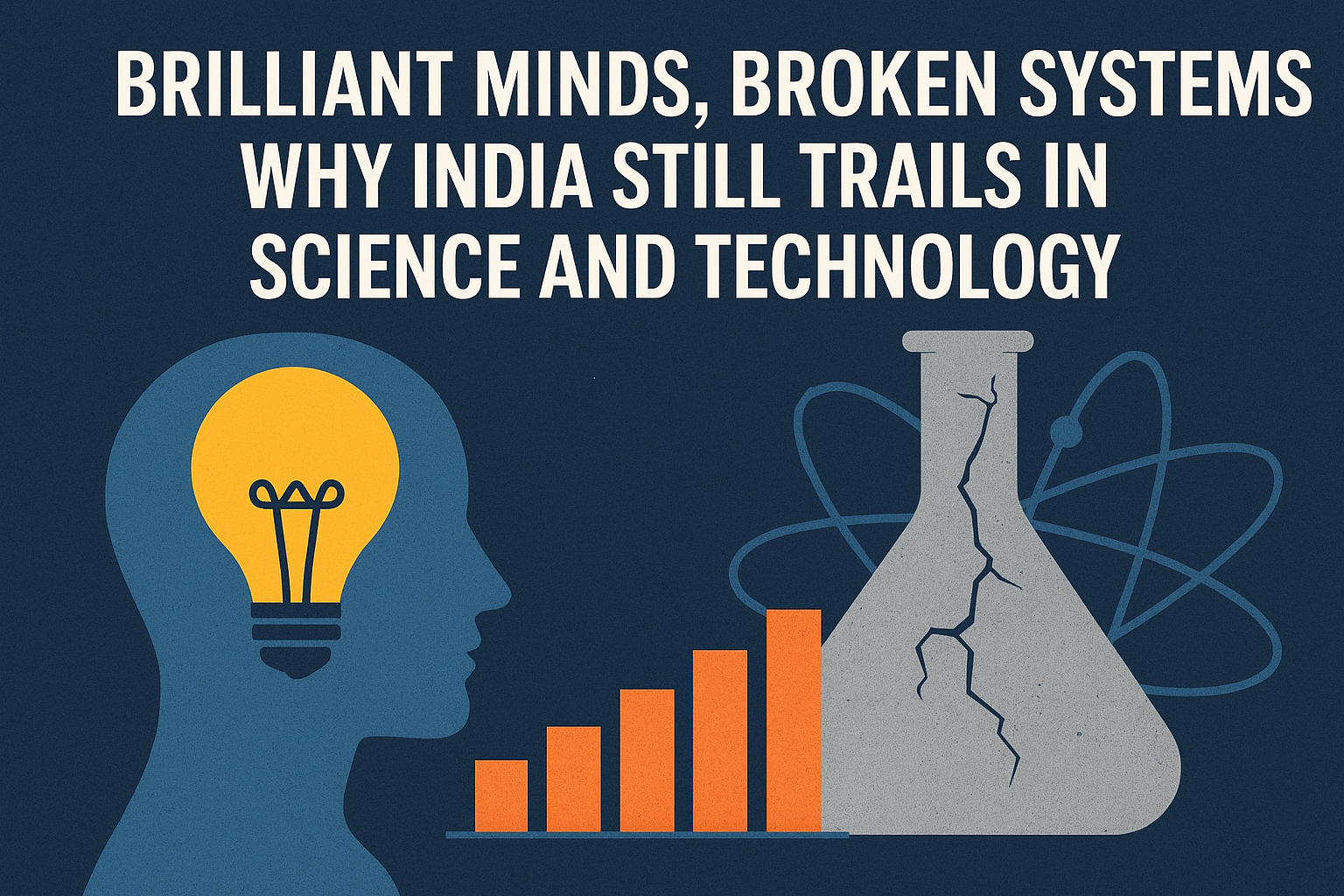


.jpeg)
